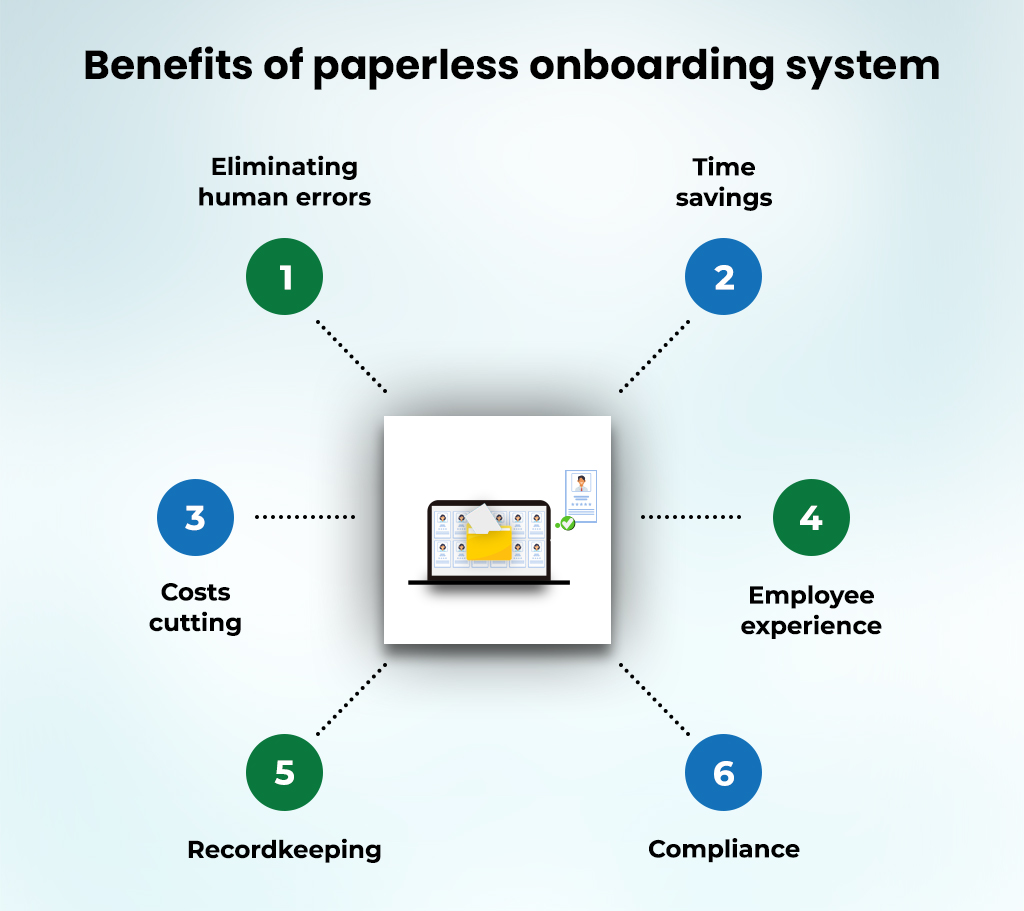The Benefits of Onboarding: A Comprehensive Guide
Welcome to our comprehensive guide on the benefits of onboarding. In this article, we will delve into the importance of onboarding and how it can positively impact your organization. Onboarding is a critical process that sets the stage for new employees, ensuring a smooth transition and integration into the company culture. By understanding the advantages of a well-structured onboarding program, you can enhance employee engagement, retention, and overall productivity.
Enhanced Employee Engagement
One of the primary benefits of onboarding is the enhanced employee engagement it fosters. When new employees feel welcomed, supported, and valued from day one, they are more likely to develop a sense of loyalty toward the action. Effective onboarding programs provide a platform for employees to understand their roles, responsibilities, and expectations, which in turn leads to increased job satisfaction and commitment.
Accelerated Time-to-Productivity
Proper onboarding significantly reduces the time it takes for new employees to become productive contributors to the organization. Through well-designed training programs and mentoring, employees can quickly grasp the necessary skills and knowledge required for their job roles. This not only benefits the individual but also ensures that the organization can maximize its resources and achieve operational efficiency.
Improved Employee Retention
Employee retention is a critical factor for the long-term success of any organization. Effective onboarding plays a vital role in retaining valuable talent. When new employees receive comprehensive training, support, and guidance during their initial period, they are more likely to feel connected to the company and its values. This sense of belonging reduces turnover rates, saving the organization time and resources associated with recruitment and training.
Enhanced Company Culture
Onboarding is an excellent opportunity to introduce new employees to your company’s culture, values, and mission. By immersing them in the organization’s core principles, you can align their mindset with the overall objectives. When employees understand and embrace the company culture, they are more likely to contribute positively, work collaboratively, and feel a sense of pride in their work.
Increased Employee Satisfaction
Onboarding programs that prioritize employee satisfaction have a direct impact on overall organizational success. By providing a structured onboarding process, you demonstrate your commitment to your employees’ growth and development. This, in turn, leads to improved job satisfaction, motivation, and morale. Satisfied employees are more likely to go the extra mile, resulting in higher productivity and customer satisfaction.

In conclusion, the benefits of onboarding are far-reaching and essential for any organization. By investing in a well-structured onboarding program, you can enhance employee engagement, accelerate time-to-productivity, improve retention rates, foster a positive company culture, and increase overall employee satisfaction. Remember, onboarding is not just a one-time event but an ongoing process that requires continuous improvement and adaptation to meet the changing needs of your workforce. Embrace the power of onboarding and unlock the potential of your employees and organization.
Frequently Asked Questions – Benefits of Onboarding
1. What is onboarding?
Onboarding is the process of integrating and orienting new employees into an organization, ensuring they have the necessary tools, knowledge, and support to succeed in their roles.
2. Why is onboarding important?
Onboarding is important because it sets the foundation for a new employee’s success. It helps them understand the company culture, and job expectations and provides the necessary resources to perform their duties effectively.
3. How does onboarding benefit the organization?
Onboarding benefits the organization by reducing turnover, increasing employee engagement, and accelerating the time it takes for new hires to become productive. It also helps in building a positive employer brand.
4. What are the benefits of a structured onboarding program?
A structured onboarding program ensures consistency in the onboarding process, reduces the time it takes for new hires to get up to speed, improves employee retention, and enhances overall job satisfaction.
5. How does onboarding impact employee engagement?
Onboarding plays a crucial role in boosting employee engagement as it helps new hires feel welcomed, valued, and connected to the organization. It fosters a sense of belonging and increases job satisfaction.
6. Can onboarding help in reducing turnover?
Yes, effective onboarding can significantly reduce turnover. When new employees receive proper guidance, support, and training during their onboarding process, they are more likely to feel satisfied and committed to their roles, leading to higher retention rates.
7. What role does onboarding play in employee productivity?
Onboarding directly impacts employee productivity by providing new hires with the necessary knowledge and tools to perform their job efficiently. It reduces the learning curve, allowing employees to contribute to the organization’s goals more quickly.
8. How does onboarding contribute to a positive employer brand?
A well-executed onboarding process showcases the organization’s commitment to its employees’ success. When new hires have a positive onboarding experience, they are more likely to become brand ambassadors and recommend the company as a great place to work.
9. What are the long-term benefits of onboarding?
Long-term benefits of onboarding include higher employee retention, increased job satisfaction, improved performance, enhanced teamwork, and a positive company culture. It also helps in attracting top talent in the future.
10. Can onboarding be customized for different roles or departments?
Absolutely! Onboarding programs can and should be customized based on the specific needs of different roles or departments. Tailoring the onboarding process ensures that new hires receive the information and training relevant to their positions, maximizing their chances of success.




